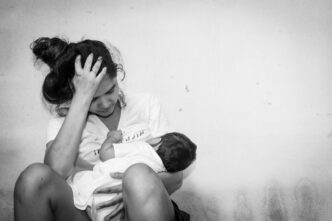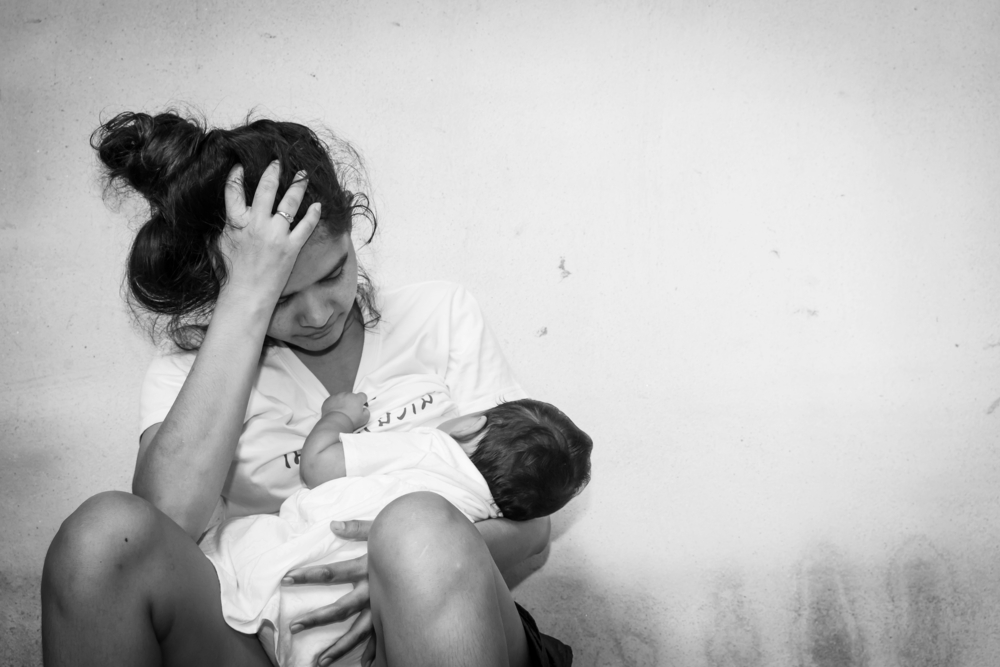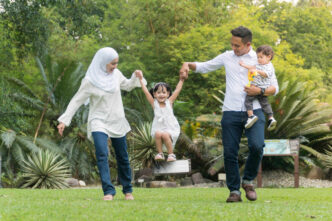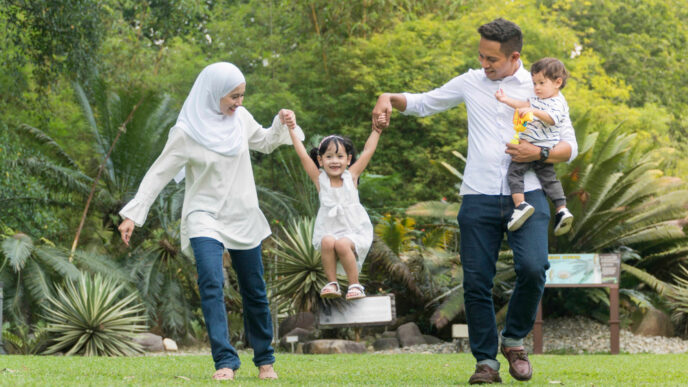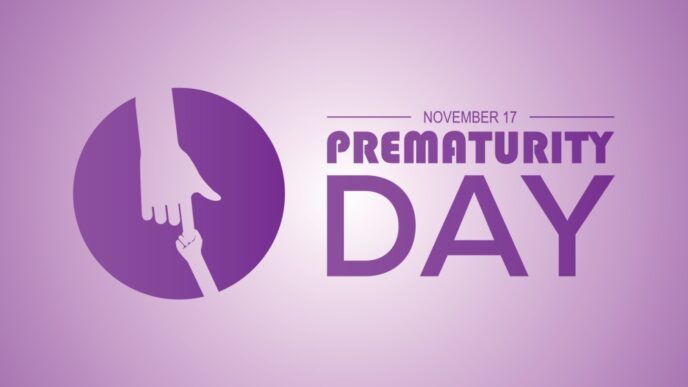Parenting is hard for anyone but when you’re still finding your own footing, the pressure can feel overwhelming. This article explores how young parents’ anxiety can affect their children, and offers practical ways to build resilience, create safety, and break the cycle for the next generation.
WORDS ASSOCIATE PROFESSOR DR NOR ‘IZZATI SAEDON
 FEATURED EXPERT FEATURED EXPERTASSOCIATE PROFESSOR DR NOR ‘IZZATI SAEDON Consultant Geriatrician UM Specialist Centre (UMSC) |
At 19, Sarah became a mother.
Her baby, Ilham, was her joy and her deepest worry.
She often lay awake wondering:
- “Am I doing this right?”
- “What if something bad happens to him?”
- “What if I fail him the way I was failed?”
When Ilham became a toddler, Sarah noticed he cried a lot, clung to her, and refused to go to anyone else.
At first she thought, “He’s just sensitive.”
Slowly, she began to see that her own anxiety was rubbing off on him.
STILL GROWING UP BUT RAISING A CHILD
Many teenage or young parents grew up with stress themselves — absent fathers, strict caregivers, or constantly being told not to cry.
Some had to “grow up fast” and never learned how to regulate emotions. So now, when their child cries, they may:
- Panic
- Shut down
- React harshly
- Feel ashamed
It’s not because they are bad parents. It’s because they were never shown how to feel safe and now, they’re trying to build that safety for someone else.
You can’t pour from an empty cup. But you can start filling it — even now.
UNDERSTANDING ANXIETY
Anxiety is normal. It helps us protect and plan.
However, it can become overwhelming if it:
- Happens every day
- Affects your sleep
- Makes you angry or frozen
- Makes you imagine the worst constantly
Now imagine parenting with that load on your back.
HOW OUR CHILDREN MIRROR OUR ANXIETY
Young children don’t use words; they read faces, tone, touch, and tension.
If a parent is often anxious, children may:
- Become clingy or afraid to separate
- Cry often and struggle to settle
- Develop fear of strangers, new places or loud noises
- Show delays in speech or play confidence
Parents are a child’s safety button.
- When you’re calm, your child feels safe.
- When you’re anxious, their little bodies go on high alert too.
HOW PARENTS CAN MANAGE THEIR ANXIETY AND DEVELOP RESILIENCE
Acknowledge What You’re Feeling
Say it out loud:
“I’m tired.”
“I’m scared that I’m not good enough.”
Naming your feelings is not weakness; it’s power.
Don’t Parent Alone
You weren’t meant to raise a child in isolation.
Ask for help from one trusted person — a friend, mentor or older cousin.
Join a parenting group or visit a Klinik Kesihatan for emotional check-ins.
Helpful Resources for Young ParentsAll links open in a new tab.
|
Create Safe Routines
Children thrive on rhythm, even in chaos.
Start small — a morning cuddle, an afternoon play corner, a calming bedtime routine.
It’s about predictability, not perfection.
Break the Cycle, Gently
If you grew up in an environment where emotions were punished, you can choose to take a different approach.
When your child cries, try: “I’m here. You’re safe. Let’s breathe together.”
Each small act of tenderness rewrites generations of trauma.
Use What’s Around You
Use tech wisely.
Follow positive parenting pages, listen to mental health podcasts, or journal your feelings.
Let your phone feed your healing, not your fear.
IF YOU EVER FEEL LIKE GIVING UP
You will have rough days. All parents do. Remember:
- You’re not behind — you’re just starting from a harder place.
- You are not your past — you are your child’s future.
- You don’t need to be perfect — just present.
- You’re not alone — support is out there.
Your baby doesn’t need a perfect parent. They need you — just as you are, growing beside them.
HAVE FAITH — YOU ARE WORTHY
Sarah got help.
She joined a peer support group for young mothers, learned to breathe through her panic, and forgave herself for what she didn’t know.
Today, Ilham plays happily at pre-school while Sarah works part-time and studies online, dreaming of becoming a teacher.
At night, when Ilham gets scared, she tells him: “It’s okay. I get scared too. But we’re safe now.”
And they are.
| This article is part of our series on parenting. |

